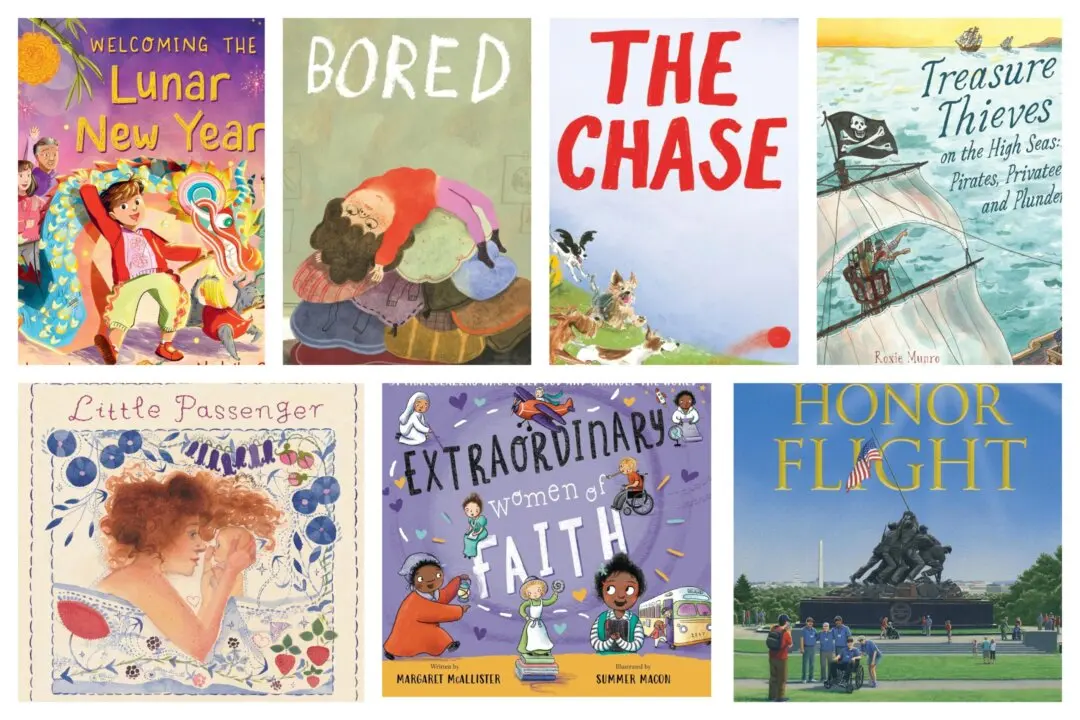R | 1 hr 23m | Documentary | Aug. 9, 2019
In May 2021, the Chinese Communist Party announced that Chinese couples could have up to three children, replacing the one-child policy that had been in place since 1979. The change came about with the realization that China lacked enough young people to support a burgeoning aging population. The harmful economic effects of this decades-long policy were finally catching up.





